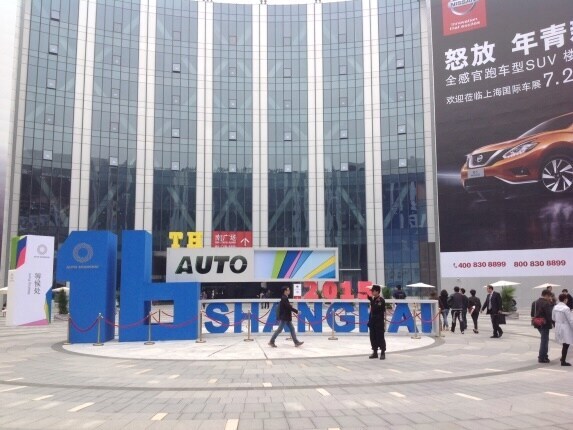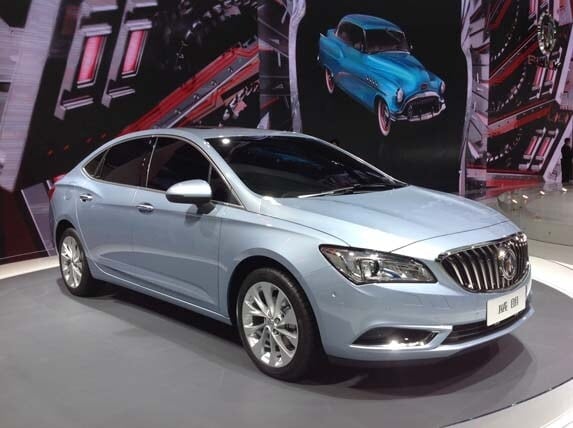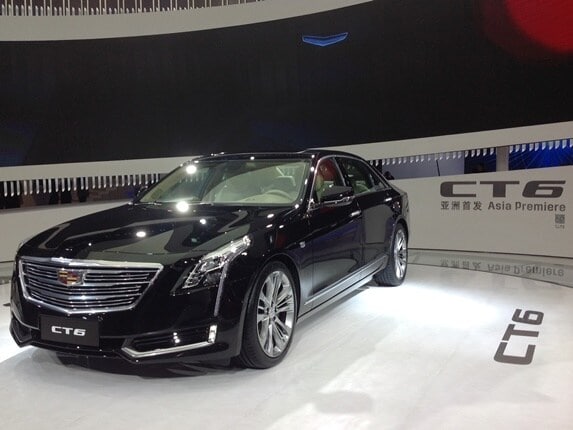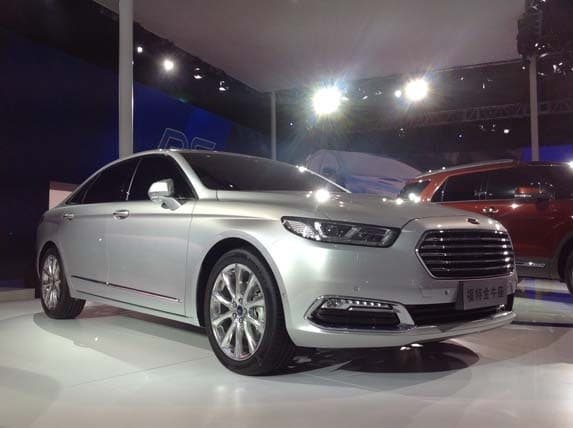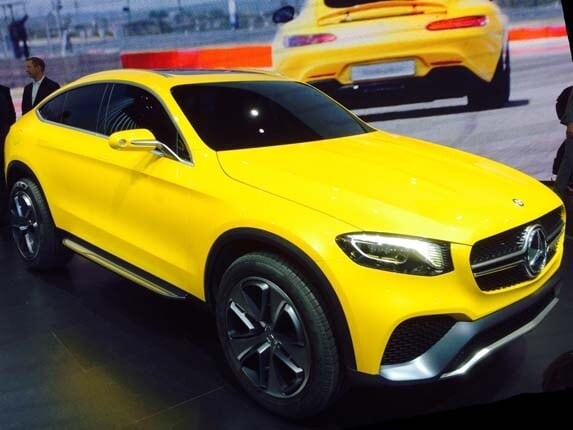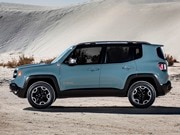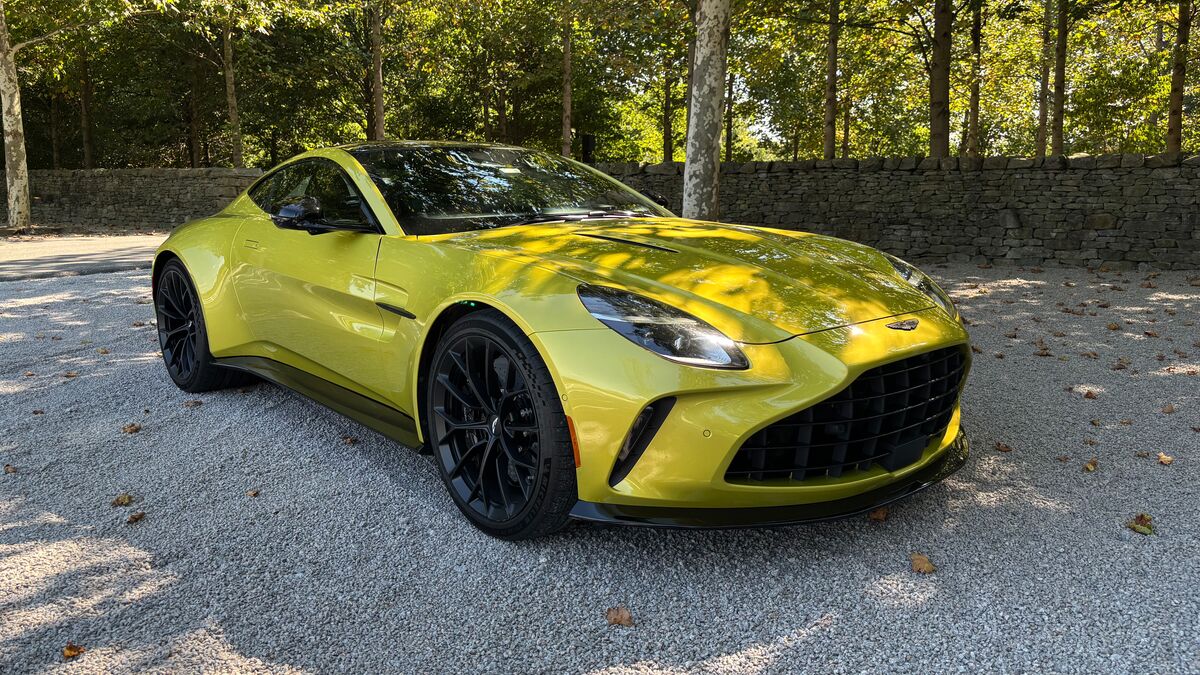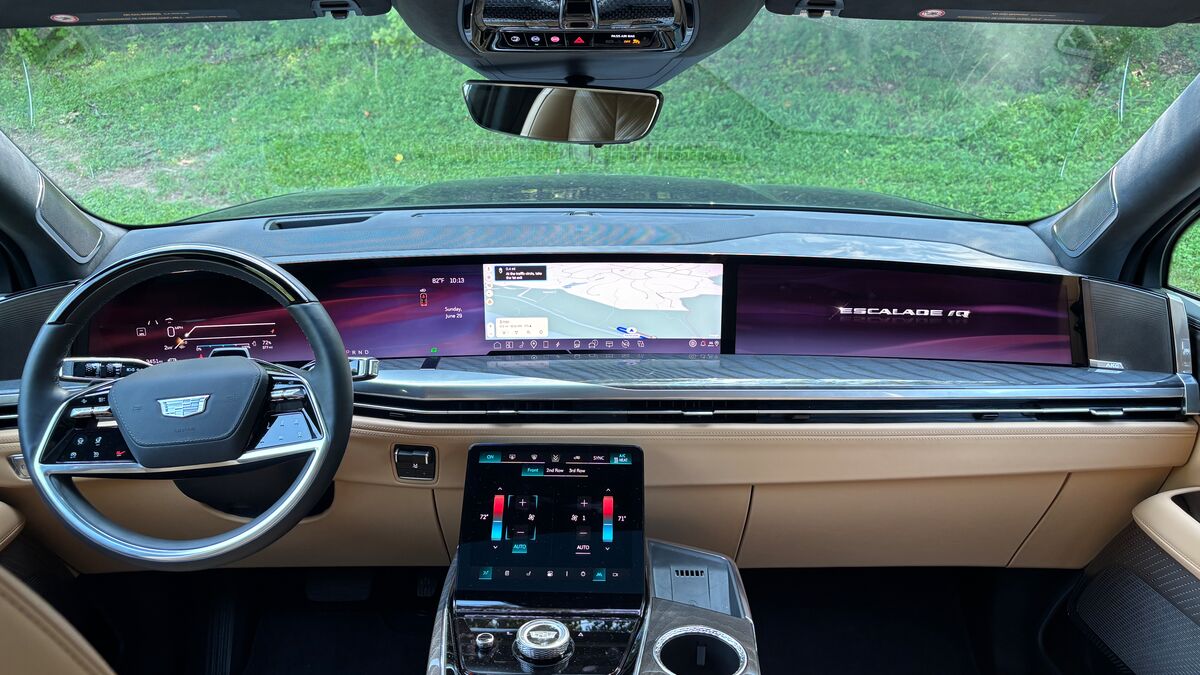As the Shanghai Motor Show unrolls to the waiting Chinese public this week, the market that it serves has special significance for the American car-buyer, significance that many U.S. consumers are unaware of. It is unlikely that you will buy a Chinese-built car anytime in the near future, but because of its sheer size the China market will influence the kinds of cars that will be available to you and their cost to buy and own. It is not an exaggeration to say success or failure in the China market will have profound implications on which car manufacturers succeed overall. If a car-maker is not fully participating in the high-growth, high-volume Chinese market it is far less likely to have a robust future overall. Further the 1.3 billion Chinese consumers will exert considerable sway over the vehicles that are designed and built in future years, making their preferences felt in virtually all markets, including the number two market in the world – North America.
Brands That Didn’t Bet on China Play Catch-Up
As the decade unfolds it is likely the brands that placed a big early bet on China and stayed the course will enjoy substantial gains, while those that didn’t must scurry to catch up, and we saw examples of both in Shanghai. General Motors and Volkswagen positioned themselves to consolidate their leading positions in China, while other global manufacturers — Ford and FCA (Fiat-Chrysler) among them — scrambled to become more relevant in a burgeoning market that is not only the biggest in the world but sure to get bigger even as its economy cools.
Also: Class of 2016 — New Cars Ready to Roll
In the case of China, "cools," when applied to the economy, is a relative term. The auto market has grown at a double-digit rate for several years, becoming the world’s biggest six years ago. In Shanghai GM Chairman Mary Barra predicted that the Chinese market would continue to grow at a 5-7 percent rate through the balance of the decade. To capitalize on this growth she announced an aggressive $14 billion program to invest in the market through 2020.
China Will Affect What you Drive
While this might sound like the hocus-pocus of international finance far removed by what you see in your driveway, the economies of scale, profits and technology gained from the China market will almost certainly affect future product offerings from brands like Buick, Cadillac, Lincoln and Chevrolet. At the Shanghai show the big news from American manufacturers was in luxury sedans. Cadillac displayed not only the upcoming CT6 sedan first shown in New York but also announced a plug-in hybrid version of the car that promises to one-up its luxury brand competitors in China. More information on the CT6 PHEV as well as when it will be available in both the United States and China will surface closer to the on-sale date in both markets. GM’s Barra told us she is optimistic about the success of the car and Cadillac’s chances of rapid growth in the lucrative Chinese luxury market.
Meanwhile Ford Motor Company, aiming to play catch-up in the market, rolled out its top global execs, including Chairman Bill Ford, to announce an ambitious slate of Lincoln models destined for China. Most notable among them is the Lincoln Continental Concept, a car that Ford executives said would appear in the China market by the end of next year. Whether it debuts in the U.S. or China first will be an indicator of where Ford sees its luxury-brand future.
Ford Motor Company’s Mark Fields told us he finds the Chinese luxury market intriguing because of its size — it soon could become the largest single luxury market in the world — and the fact that Lincoln has an excellent reputation with Chinese luxury buyers, who are taken by the marque’s heritage.
"They (Chinese consumers) see Lincoln as the car of Presidents and of movie stars," he said.
Chinese & American Buyers Share Likes
Chinese and American luxury car buyers also share similar preferences, Fields continued, favoring comfort, quiet and effortless acceleration versus more aggressive performance. The shared mindset could provide the needed volume to make models viable that could not be obtained from either China or North America alone.
GM President Dan Ammann suggested just that when we asked him what benefits GM’s success in China could offer American consumers. He noted that China’s ongoing policy of encouraging electric cars and plug-in hybrids is likely to provide the sales volume to move those technologies forward at a rapid rate.
Chinese Government Promotes EVs
The proliferation of electric and plug-in vehicles at the show made it obvious that the Chinese central government’s push for electrification has gained significant manufacturer momentum. The incentives to encourage buyers to purchase so-called New Energy Vehicles (NEVs) are so big that they can often cut the vehicle acquisition cost in half. Because of this sales of NEVs are expected to grow significantly in 2015 and 2016, but with Chinese fuel prices being approximately equivalent to American prices, NEVs will still represent a small portion of the market. A key factor limiting NEV growth is the fact that the typical Chinese consumer has very limited access to EV charging stations. In a nation with millions of apartment-dwellers, at-home charging is problematic at best.
Also: Kelley Blue Book Best Buy Awards of 2015
While luxury sedans and NEVs dominated much of the news in Shanghai, a notable introduction of importance to the American market was the debut of the new Chinese market Buick Verano, to be built by one of GM’s joint venture partners. The new version is more stylish than the current Verano, and though no one at GM would officially confirm it, it appears the Chinese Verano will go on sale in China well before the U.S. Verano is replaced with a new and (likely) very similar version based on the same architecture.
The Shanghai show included a mind-boggling array of car-makers and car and truck brands, marking it as the most cosmopolitan of all the major international auto shows. Already profoundly influential, our estimation is the show – and the Chinese market itself – will grow to a more dominant position in the automotive universe.
Popular at KBB.com
See the All-New Cars for 2015
10 Coolest Cars Under $18,000
Best Buys of 2015
